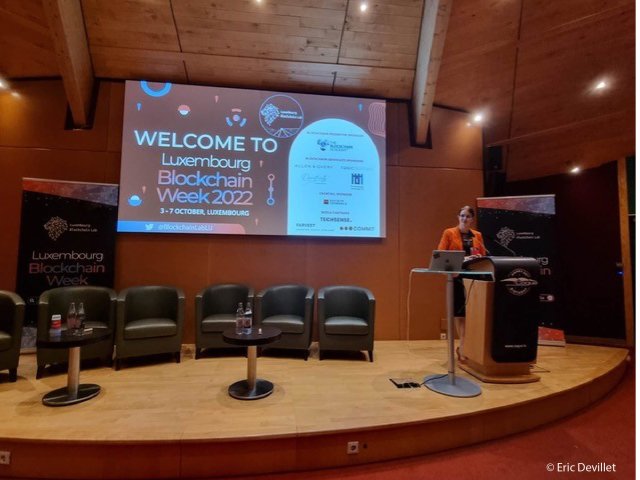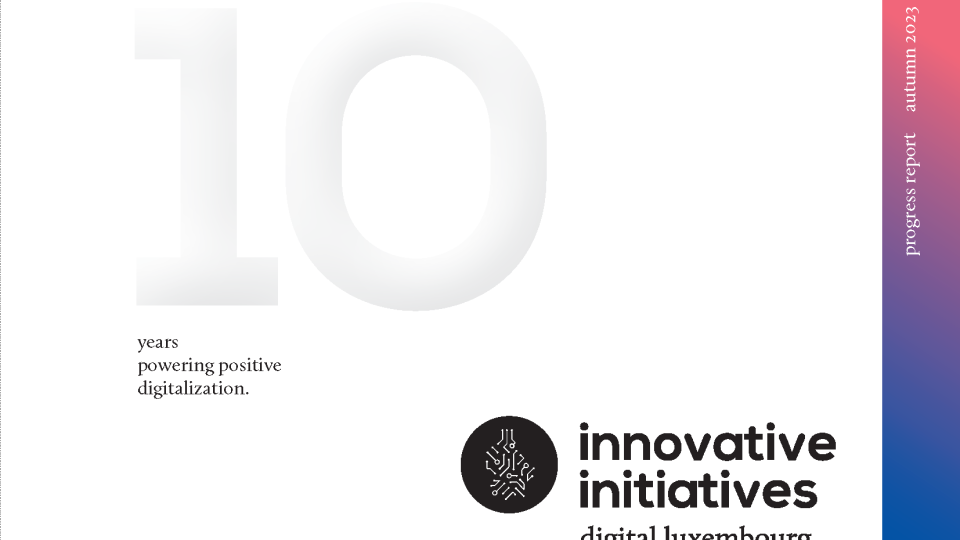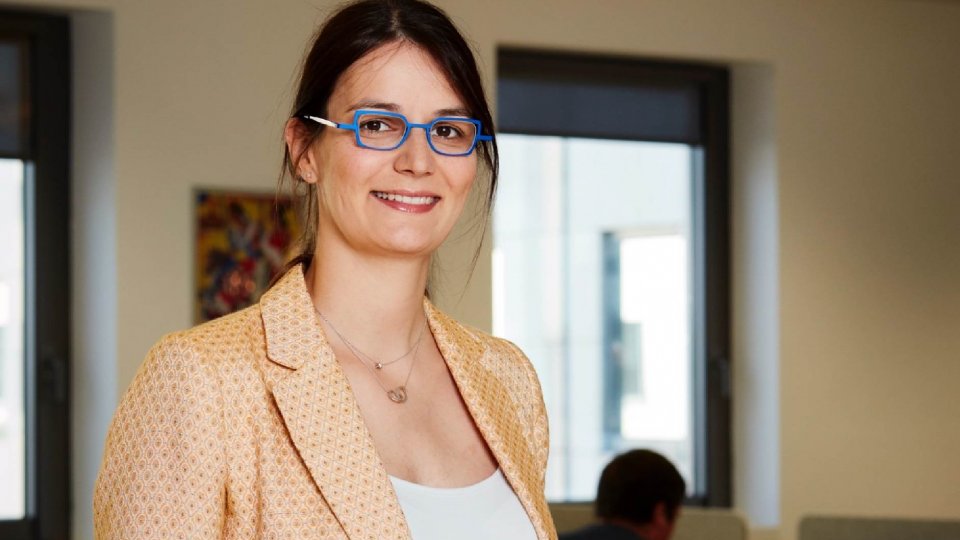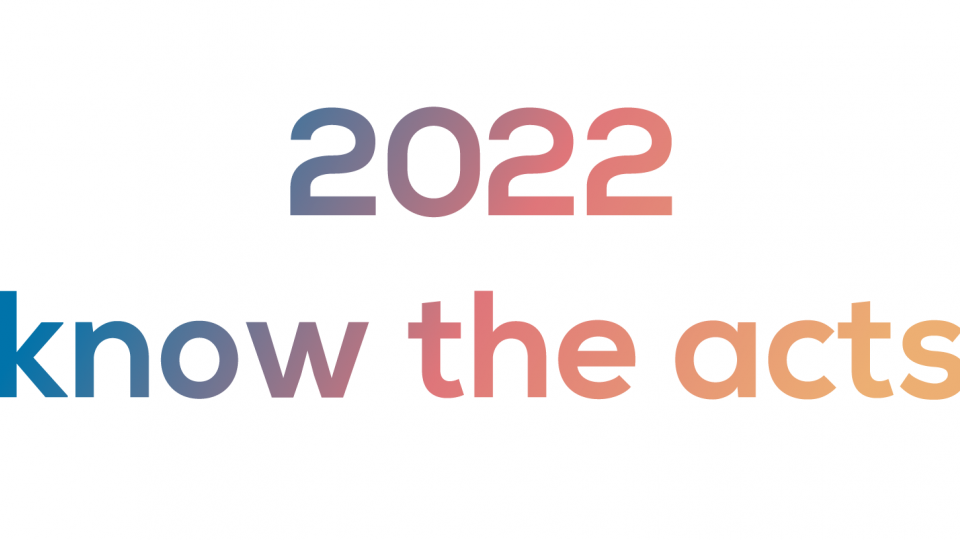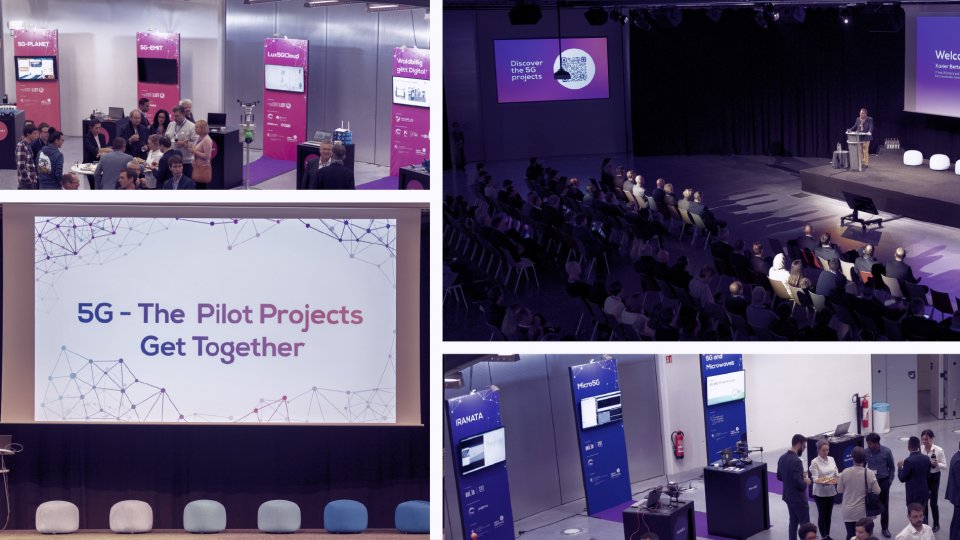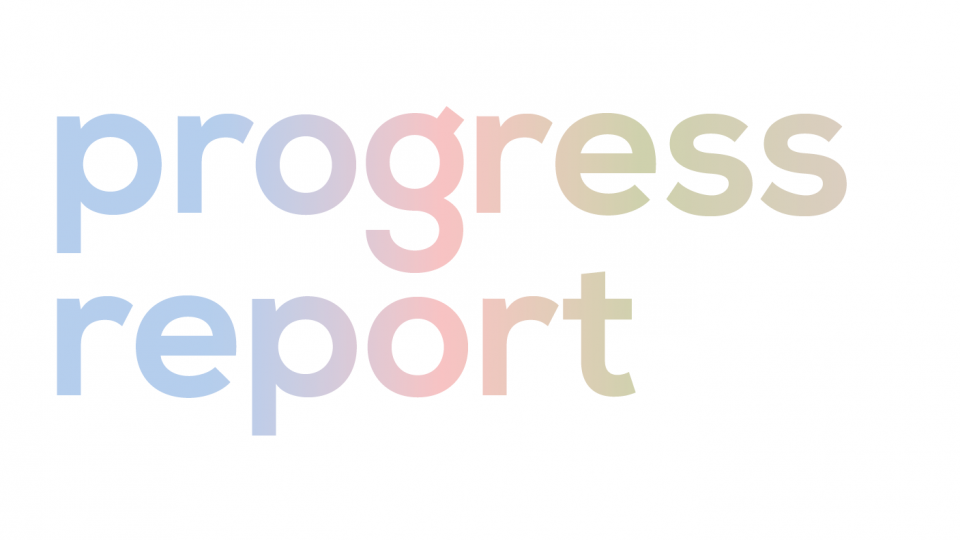Six years ago, Infrachain set out to help Luxembourg-based companies overcome the regulatory hurdle of public chains by offering an alternative: a community-driven governance model for operational blockchains. Since then, the group of roughly 25 members has helped boost the technology’s smart, effective adoption and build an active blockchain ecosystem.
Here’s a snapshot of what they have been up to lately.
The Luxembourg Blockchain Lab
Formed in 2019 but officially launched in 2022, the Luxembourg Blockchain Lab’s financial lifeline came from the country’s designated cluster financing, which recognized the Lab as a blockchain innovation cluster.
The initiative—co-created by Infrachain, the Luxembourg House of Financial Technology; Interdisciplinary Centre for Security, Reliability and Trust; Luxembourg Institute of Science and Technology; and LëtzBlock—addresses four pillars: education and skills enhancement, collaborative research and development, proof of concept and minimum viable product testing, and talent attraction and development.
The Lab organizes the annual Luxembourg Blockchain Week, which was successfully organized as an in-person event in October 2022. Aligning with Infrachain and the Lab’s goals, the event attempts to explore new opportunities in distributed ledger technology. With last year’s attendance exceeding 350 participants and 90 speakers, the Luxembourg Blockchain Week 2023 is again scheduled for this fall.
The Luxembourg Blockchain Lab also recently led a joint call for projects with the Luxembourg Sustainable Finance Institute, welcoming projects related to emission measuring, biodiversity pricing and the assessment of data on social dimensions.
Courses for Digital Learning Hub
The Luxembourg Blockchain Lab (LBL) developed numerous blockchain training courses for the Digital Learning Hub that specifically cater to non-technical individuals, lawyers and business people.
As the EU adopts new legislation around the technology, e.g. MiCA, the legal community also exhibits a growing demand to better understand blockchain.
In addition to helping course participants grasp what blockchain can do, the LBL wants to clarify what it cannot do in order to avoid the disappointment businesses might feel when attempting to apply the technology to an inappropriate use case.
Blockchain 2030 Study
Luxembourg’s Department of Media, Connectivity and Digital Policy commissioned Infrachain to conduct a study to evaluate blockchain potential in the public sector. Based on interviews with 56 companies tied to blockchain, the three-part piece of research, published in 2022, addressed perceptions about blockchain technology, implications of blockchain for individual companies, and blockchain and the public sector.
Overall, these corporate participants felt Luxembourg lands in the middle of the playing field when it comes to distributed ledger technology. Their expectations for the public sector largely center around blockchain-based digital identities (e.g. verified user accounts, digital wallets and verified credentials).
EBSILUX Pilot Project & Beyond
Infrachain began operating a node in the EBSI chain as part of EBSILUX, a project implementing a specific use case based on verifiable credentials. Coordinated by the Ministry for Digitalisation and including LIST and the SnT, the project is the first step in using blockchain to verify diplomas and combat educational fraud.
Imagine that, instead of a PDF, every potential employer receives a virtual diploma that can be immediately verified. Having closed last month, the solution is functional and deployable.
Beyond those initiatives, Infrachain recently agreed to participate in a new EU project, OASEES, focused on blockchain’s role in IoT and swarm computing, which introduces unprecedented complexities.
“In this environment, the swarm are the IoT devices and you need to manage them in a decentralized manner, which can be done with the help of blockchain technology, ” explains Kettels, as he waits to board a plane bound for the EU project’s kick-off meeting. “With decentralized autonomous organizations [DAOs], users can operate a system without a middle man.”
And therein lies blockchain’s main goal: trusted, peer-to-peer interactions. Keep an eye on Infrachain as it continues pursuing projects that facilitate such interactions and bring operational blockchain to fruition.

